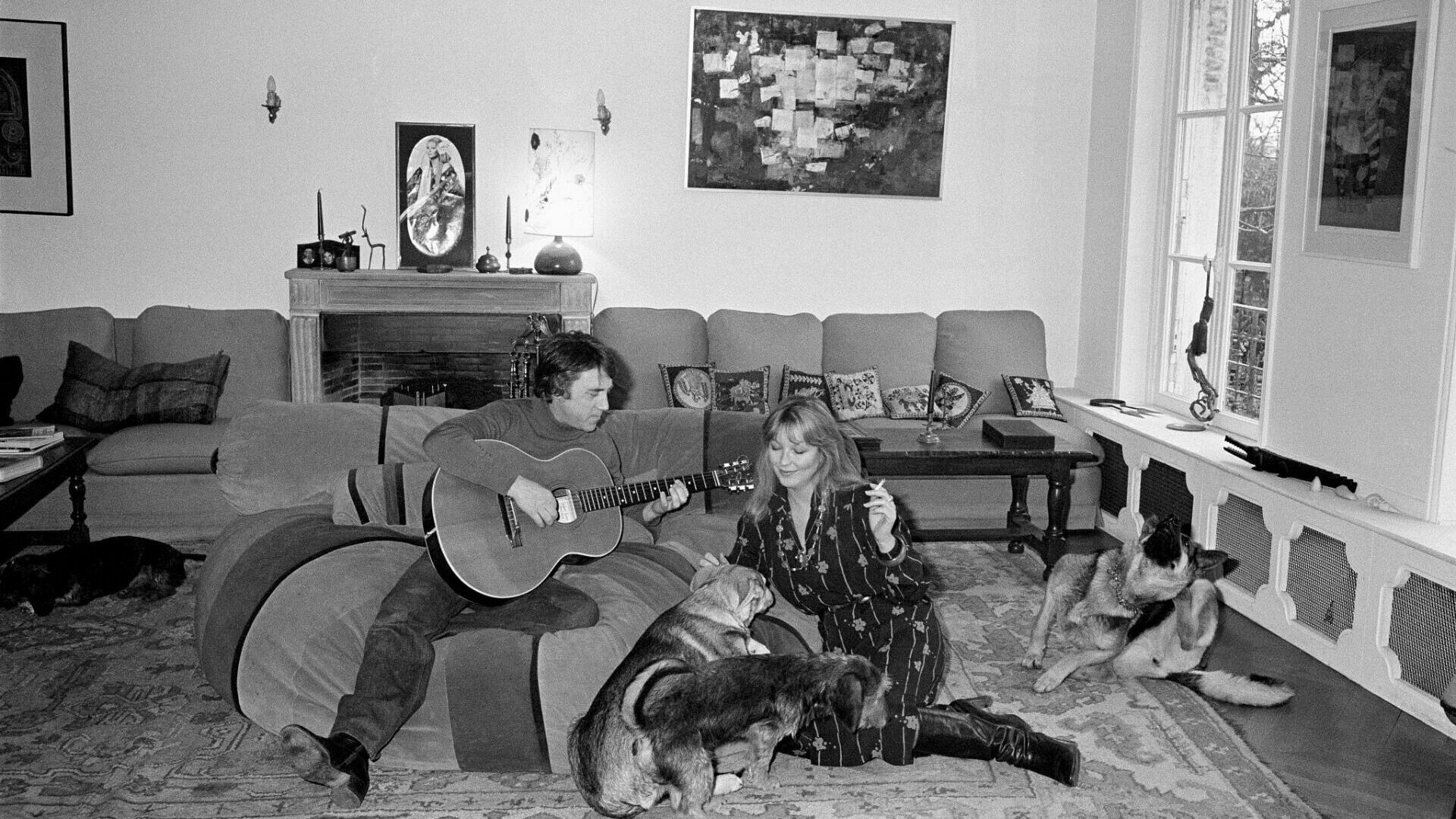Posted 26 января 2023, 10:08
Published 26 января 2023, 10:08
Modified 26 января 2023, 10:46
Updated 26 января 2023, 10:46

"He enjoyed life to the fullest..." Non-canonical words in memory of Vysotsky
On Wednesday, January 25, Russia remembered Vladimir Vysotsky, whose 85th birthday was celebrated on this day. It is amazing, but he is known and loved not only by people who lived in the USSR and found him, even at different stages of his work, but also by those who were born after his death, or shortly before it, and to whom the pathos of his songs and poems should not be close. And yet. Lawyer Yulia Nikolaeva, for example, was only three years old when he died. She has been living and working in America for a long time, and she has her own and not trivial view of Vysotsky:
"Vysotsky died when I was not even 4 years old. Looking at his photo then, I didn't understand at all what the adults were grieving about. His face did not seem to me either beautiful, intelligent, or intellectual. But it seemed alcoholically worn. Uncle Kolya, our neighbor from the first floor, looked very similar.
Due to my age, I was unable to appreciate the depth of his texts, the uniqueness of his performance of Hamlet and the charisma of Zheglov. He seemed to me the same everywhere then. And all that I felt with my child's body was some kind of unnatural overkill - in reactions, in volume, in pressure, in the primitiveness of emotions. Later I came across similar overlaps in creative people using various kinds of stimulants - a characteristic tear, exclusively borderline emotions, a chronic internal fracture, an incurable internal conflict.
With age, my attitude towards Vysotsky, of course, has changed. Mainly thanks to his deep texts. "Lyrical" will forever remain for me one of the masterpieces of relatively modern, but in the course of actual poetry.
But, I'm sorry, he doesn't seem like a hero to me. Talented and recognized during his lifetime, which in those days was not granted to everyone. He did not experience any conflicts with the authorities, he was quite systematic and received all the privileges from the system, enjoyed using them with pleasure, his name and blat. This dude was enjoying life to the fullest. In which I absolutely support him and love him like a human being.
I don't understand one thing - when did he become a tragic figure symbolizing protest? He became a legend when he died early - I don't even want to remind you why. Unfortunately, this happens to talented people. But when he became a dissident, I missed it.
For me, he is the Soviet version of the modern club of "37-year-olds" - talented, recognized, leaving at the peak.
Just don't kill me right away. I love Vysotsky, but I don't canonize him".